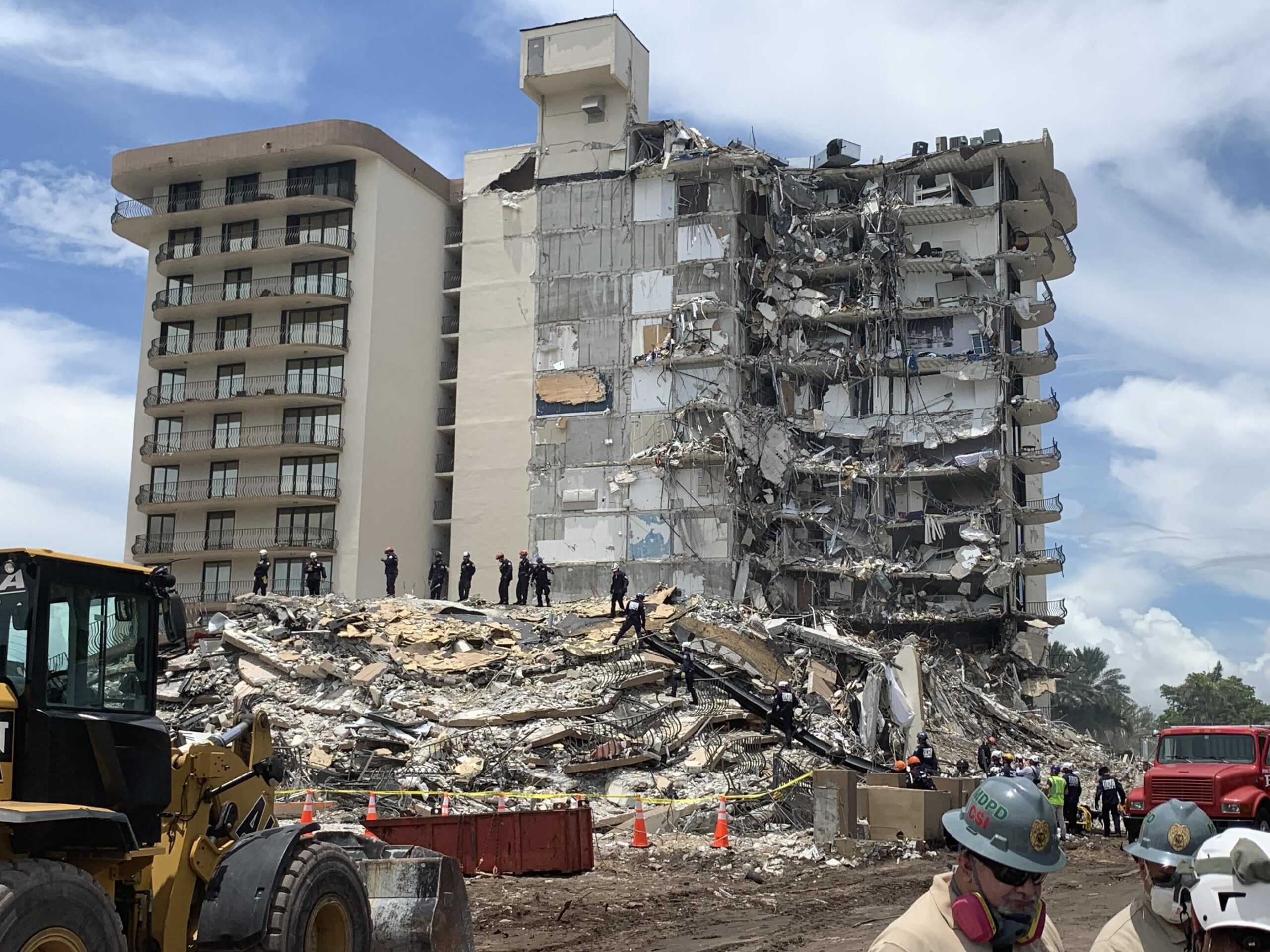Copyright © Kaloop 2025 All Right Reserved
10 Traits Every Strong Community Association Manager Must Have

Written by Heidi Hensell
August 14, 2025
Table of Contents
- Introduction
- 1. Clear and Compassionate Communication
- 2. Exceptional Organizational Skills
- 3. Sharp Problem-Solving Abilities
- 4. In-Depth Legal Knowledge
- 5. Financial Acumen
- 6. Vendor and Project Management Expertise
- 7. Empathy and Diplomacy
- 8. Tech-Savviness and Adaptability
- 9. Strong Leadership and Initiative
- 10. Unwavering Ethics and Integrity
- Conclusion

The role of a Community Association Manager (CAM) goes beyond simple administration. CAMs are the backbone of homeowners associations (HOAs) and condominium communities—juggling responsibilities that span financial management, legal compliance, vendor oversight, resident engagement, and conflict resolution. Whether you’re just starting your CAM career or looking to sharpen your edge, mastering these ten core traits is essential to becoming an effective and respected leader in your community.
1. Clear and Compassionate Communication
Communication is at the heart of effective community management. A strong CAM clearly conveys information, listens actively, resolves misunderstandings, and keeps all stakeholders—residents, board members, and vendors—well-informed. Compassionate dialogue builds trust and harmony within the community.
2. Exceptional Organizational Skills
Managing multiple moving parts requires a systemized approach. Top-performing CAMs use digital tools, scheduling systems, and meticulous planning to keep projects, finances, and records running smoothly. Organized managers create predictability and prevent small issues from escalating.
3. Sharp Problem-Solving Abilities
Unexpected challenges are part of community life—from neighbor disputes to emergency repairs. A strong CAM remains calm, assesses the situation quickly, and implements timely solutions that align with community guidelines and board policies.
4. In-Depth Legal Knowledge
A deep understanding of governing documents, local ordinances, and state statutes is non-negotiable. CAMs ensure compliance while advising boards and mediating legal concerns to avoid liability and uphold residents’ rights.
5. Financial Acumen
Strong CAMs are financially literate. They manage budgets, reserve studies, annual audits, and vendor payments while ensuring transparency. Sound financial guidance keeps the community solvent and prevents costly oversights.
6. Vendor and Project Management Expertise
From landscaping to building repairs, CAMs select vendors, negotiate contracts, monitor performance, and manage timelines. They ensure all services meet community standards and deliver value within budget.
7. Empathy and Diplomacy
A successful CAM navigates resident concerns with empathy, patience, and professionalism. This diplomatic approach creates a positive community atmosphere and reduces friction during difficult discussions.
8. Tech-Savviness and Adaptability
The best CAMs stay up to date with modern tools—HOA management software, email platforms, financial dashboards, and mobile communication apps. Embracing tech enhances efficiency, responsiveness, and resident satisfaction.
9. Strong Leadership and Initiative
Beyond task management, CAMs must lead. This means motivating community involvement, making strategic recommendations, and taking proactive steps that improve property values and quality of life.
10. Unwavering Ethics and Integrity
Trust is everything in community management. Ethical CAMs act with fairness, consistency, and transparency. They build credibility by always doing what’s right—even when it’s not the easiest route.
Conclusion
Being a successful Community Association Manager takes more than credentials—it demands a dynamic blend of leadership, technical skills, emotional intelligence, and integrity. These ten traits form the foundation of outstanding management that strengthens communities and fosters trust. Whether managing a sprawling condo association or a small HOA, embodying these characteristics will set you apart and drive lasting impact.
